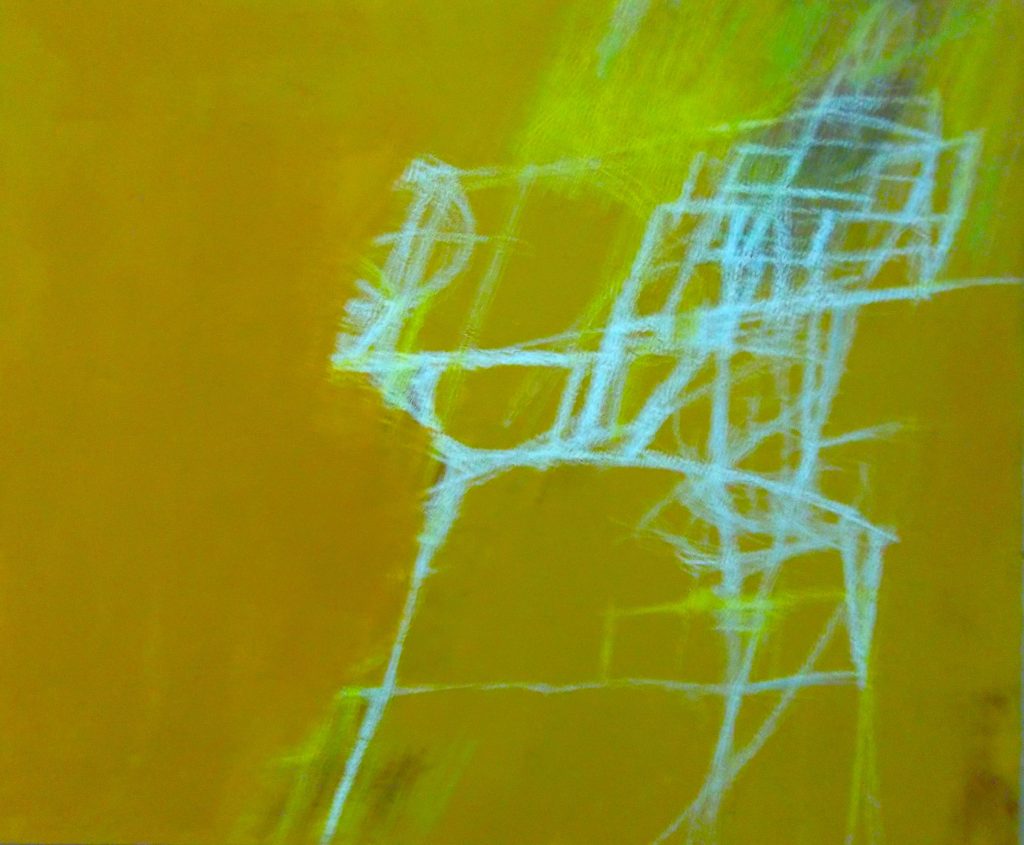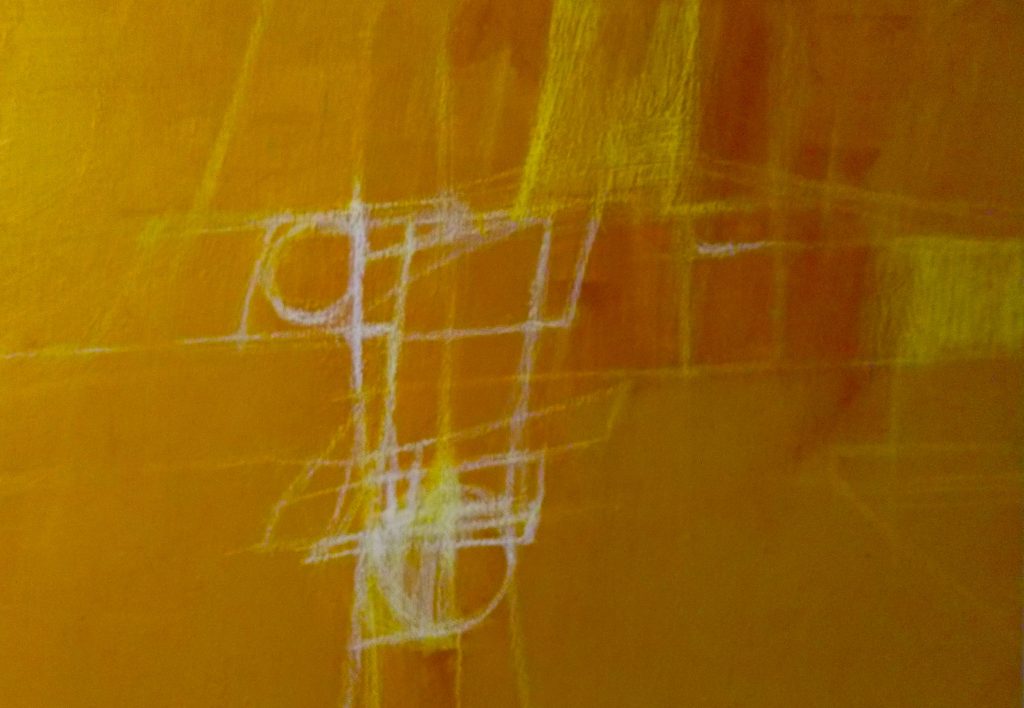Family Matters is written and acted by Mary Tynan (our artistic director) and Ian Macnaughton (our Covid Lives columnist). Cinematography is by Graham Gunner, and location is courtesy of Jon Axford.
Tag Archives: from
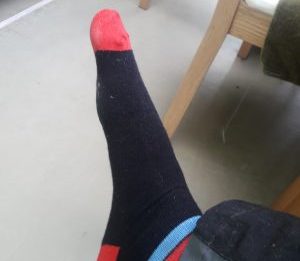
The Plot
It’s been tidier, everywhere, here. I mean, normally they encroach on any area of vulnerability, the small, frail, tender and new. Anything emergent. This was seen as usual until recently. We have the new normal, the aged, depleted and compromised, and like before it is often someone we could identify if we ever saw them or spoke to them, types who are more likely to suffer. But in the main people have been put away, stored for their own good, shielded; we’ve been obedient, compliant and safe. But there are still junctions that allow us to fraternise. That’s what the plot is, an edge, a vantage point, a hide? Where we can look.
 Like any point that can be occupied, it has a defined area and edges, although faces might be more visual. These surround the centre of the plot and can be defined, or limited or, apparently, infinite. At least your eye could just keep travelling infinitely upward, but be under no illusion – the plot has limits. For a start, you can only really see things one way. When you look at something, you’re not looking at something else. Or is that a limitation in us and not the plot? I guess how this limitation changes us could only really be tested if we were like, maybe, ducks, with eyes on the side of our heads, or maybe the compound eye of a fly or nine eyes in or across our back. Anyway, within the plot, we are with our two eyes placed in parallel mounted on the front of our face giving us stereoscopic vision, and we have the element of time allowing for movement. Particularly rotation – the capacity to look different ways and then remember what we’ve seen before. But do we remember, or does what we see in the immediate downgrade our memory? Should I have asked this?
Like any point that can be occupied, it has a defined area and edges, although faces might be more visual. These surround the centre of the plot and can be defined, or limited or, apparently, infinite. At least your eye could just keep travelling infinitely upward, but be under no illusion – the plot has limits. For a start, you can only really see things one way. When you look at something, you’re not looking at something else. Or is that a limitation in us and not the plot? I guess how this limitation changes us could only really be tested if we were like, maybe, ducks, with eyes on the side of our heads, or maybe the compound eye of a fly or nine eyes in or across our back. Anyway, within the plot, we are with our two eyes placed in parallel mounted on the front of our face giving us stereoscopic vision, and we have the element of time allowing for movement. Particularly rotation – the capacity to look different ways and then remember what we’ve seen before. But do we remember, or does what we see in the immediate downgrade our memory? Should I have asked this?
Because where we are now in the plot? Our plot seems quite overwhelming. I’m engaged with a cone of experience that projects from me. I move, it moves, the world shimmies. Suddenly I have neighbours. How do they operate? Do we speak? Do I engage? Do we both? When we do engage, it seems better to me – at least richer. I watch them unfold, and, if they engage with me, we find ourselves dancing, shadowing, allowing. Some information sticks: his face, how I placed my tools? Where they’re from? But not their name or the distance thing. Did I step too close? When they’ve moved on, I am no longer engaged, but I construct them. He: big head almost as wide as his shoulders, quilted jacket, curly hair, eyes like black olives, teacher, political, funny. She: scatty, frizzy ball on a cone. Arms gesticulating, jointed? Teacher, geography, Tallis, thinks she had the virus. Agree on everything with them or at least everything we say.
The dances with other neighbours are different, but the scorecards reveal after the event.
A phrase:
’Work in telly’ and I’m split. Part of me says.
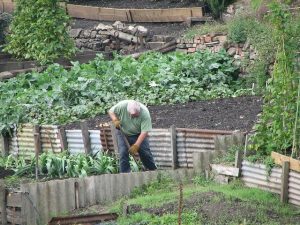 ’What does he do?’ Yeah he looks like an editor. Another part continues to weed and dig the border. I don’t ask for detail, just as I don’t ask her is she scared? Because I know it puts me in the wrong territory. I must not be too interested. We are allowed to compare our plots, but with self critical amusement and irony, and without actually saying what we think. He is jumpy, small head, suspicious, thinks I’m going to be too close to his beloved. She, girlish, frail, dry dark humoured, has the air of not-quite-dead crow, road kill, limping but bright-eyed and sharp, able to forage and possibly exaggerating her gait. Her mask is medical grade, not cheap disposable, no full PPE filter. She takes pride in it.
’What does he do?’ Yeah he looks like an editor. Another part continues to weed and dig the border. I don’t ask for detail, just as I don’t ask her is she scared? Because I know it puts me in the wrong territory. I must not be too interested. We are allowed to compare our plots, but with self critical amusement and irony, and without actually saying what we think. He is jumpy, small head, suspicious, thinks I’m going to be too close to his beloved. She, girlish, frail, dry dark humoured, has the air of not-quite-dead crow, road kill, limping but bright-eyed and sharp, able to forage and possibly exaggerating her gait. Her mask is medical grade, not cheap disposable, no full PPE filter. She takes pride in it.
The newbies, one man and his puppet child, clearly get in everything including the way. He feints inexperience. But clearly does it by the book. Each day he leaves a neat illustration from the Readers Digest Home Garden Manual, down to the fork and sacking bookend. As the weeks pass, his master plan emerges: bamboo palaces, pyramids and teepees, dust surrounding de-potted seedlings, bought already striving.
The plots surround and jostle for attention. Further back, they fall into types; the diggers, the builders, the ornamentalists and then the warden.
He who watches. His plot immaculate, admired. Everyone knows his name. He decides: strimmer or not? Tidy your plot border. Even an email reminding us not to allow those from other households on our plot, because it had come to his attention that someone was bringing visitors to the site. Yes, and avail yourself of the sanitiser, with rigour to hands and handles, at the beginning of your time with us and at the end.
Secretly, his perfection rubs me up the wrong way. I intentionally choose to plant my plot without a rectangular grid. My planted areas include curves, and I frequently deviate from the mono cultured rows. Every little poke gives me a little more pleasure, and I hope he somehow knows it and resents it.

Ian Macnaughton,
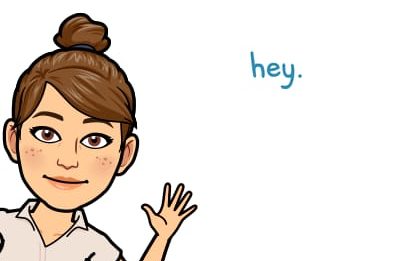
Wheels Within Wheels – Part I
Following on from previous columns, where I had a bit of a moan about lockdown, I’ve decided to focus on change and being positive about change. I’ll also alter my style a bit for this series. Slightly more serious – but only slightly.
We’ve all had to change – whether we like it or not, whether we wanted to or not – over the last while. Change is difficult. Alongside the change, I’ve personally gone through varying cycles of emotion that range from utter despair and anger to acceptance and joy. I have had to maintain being mindful throughout, as the negativity can take over quite quickly.
One of the tools I’ve used as part of my mindfulness practice is the ‘Wheel of Life’. What is the Wheel of Life? The Wheel of Life is a tool that is widely used in coaching circles, to simply benchmark where we’re at against where we’d like to be in certain areas of our life. I use it as a personal accountability and development tool. It keeps me on track, and from wandering down rabbit holes where I can get lost for days or months at a time. You can adapt the concept to suit yourself and your own needs.
Before we get into the practicalities, some history first. Some like to say the original, original concept came to us through Buddhism, however, the original concept originated with Paul J Meyer, the founder of the Success Motivation (R) Institute in the 1960s.
The original wheel, with six slices of the pie, looked like this:
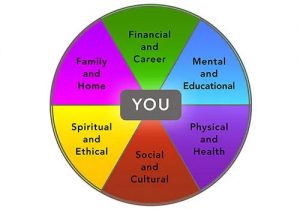
You’ll note the sections were labelled:
- Financial and Career
- Mental and Educational
- Physical and Health
- Social and Cultural
- Spiritual and Ethical
- Family and Home
The more modern Wheel of Life is usually subdivided into 8 sections. These are, commonly:
- Business and Career
- Finance
- Health
- Family and Friends
- Romance
- Personal Development
- Fun and Recreation
- Contribution to Society
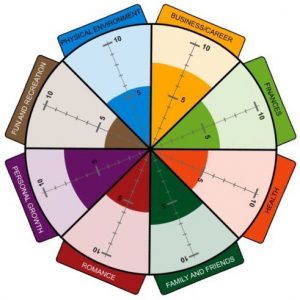
My wheel of life is very similar, except I would have ‘Physical Environment’ in place of ‘Contribution to Society.’ This doesn’t make me a cretin who isn’t interested in society. My contribution to society runs as a natural thread throughout my interactions with society; I don’t feel the need to actively measure this or set goals for it. However, my physical environment is very important to me for various different reasons, so I prefer to measure this.
If you want to focus in on one area and break it down into other sections, the Wheel of Life can be used that way too. Some people use it to assess themselves in each of the roles they play in life, such as partner, manager, parent, sports coach, teacher, etc. Try and keep your set consistent when designing it.
The Wheel of Life is used in two styles: pie and spider web. When we use the pie style, we draw a line to mark how far up the slice we are, whereas with the spider web wheel, we can plot points on the slices as if it is a graph. Both result in the same messaging, though. Personally, I use the pie style, keeping it simple.
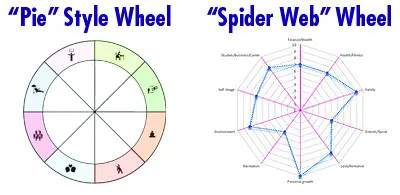
In the next part of the series, I’ll look at how to get started: identifying what an aspirational 10/10 is for us in each of the categories of the Wheel of Life, and how we benchmark where we’re at now. I look forward to sharing more with you in the next column: showing you how I use it in a very practical way, from longer term goal setting that then translates into small, daily actions that I take to reach said goals. Through this, you’ll get a glimpse of how I managed to maintain a semblance of sanity during lockdown, even though our lives were turned upside down.
As a small teaser, you might want to try this online assessment: https://wheeloflife.noomii.com/
Philipa Farley

Interpretive Dance, by Paul Strange and Steve Kirkham
Paul (the performer) is based in London, where he is variously employed as an osteopath, a baker of unusual cakes, and a creator of comedy such as in the video below. The cinematographer is Steve Kirkham. This is interpretive dance with a difference!
Second Look, by Mark Fitzpatrick
Today we are featuring photographer Mark ‘Fitz’ Fitzpatrick for the second time. Fitz describes himself as a “full time parent and teacher, part-time visual story teller, background artist, silversmith, bargee and recovering layabout.”
“I like to view the world around use from a different perspective to show there is art all around use, sometimes we just need to step back to see it.”
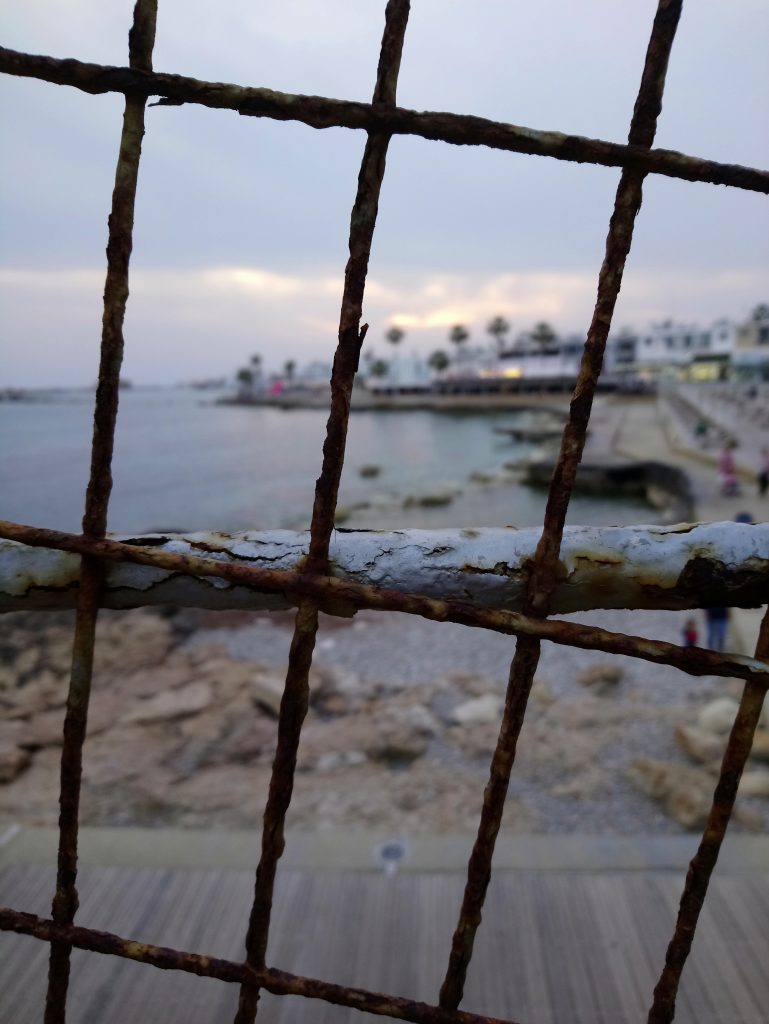

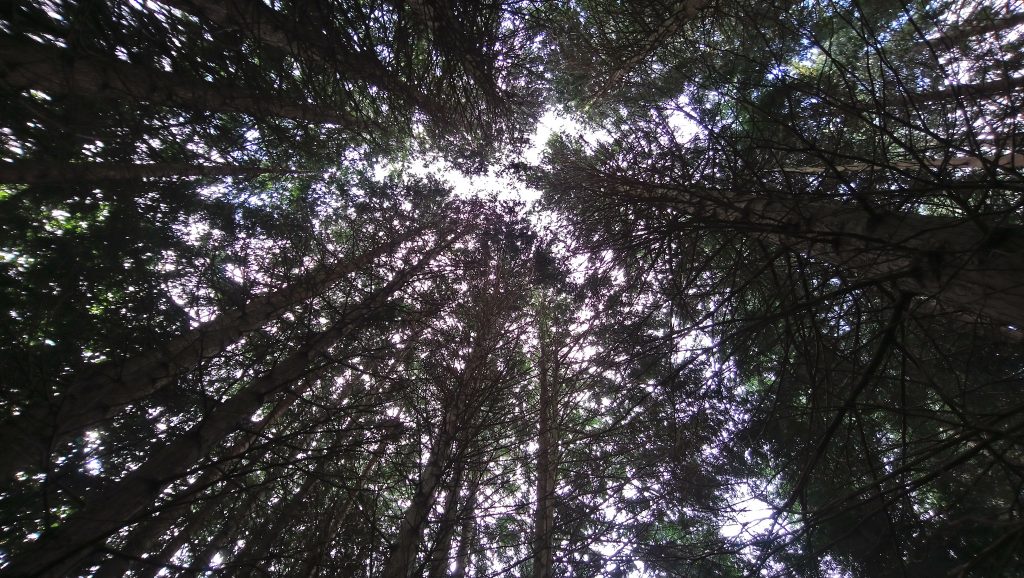
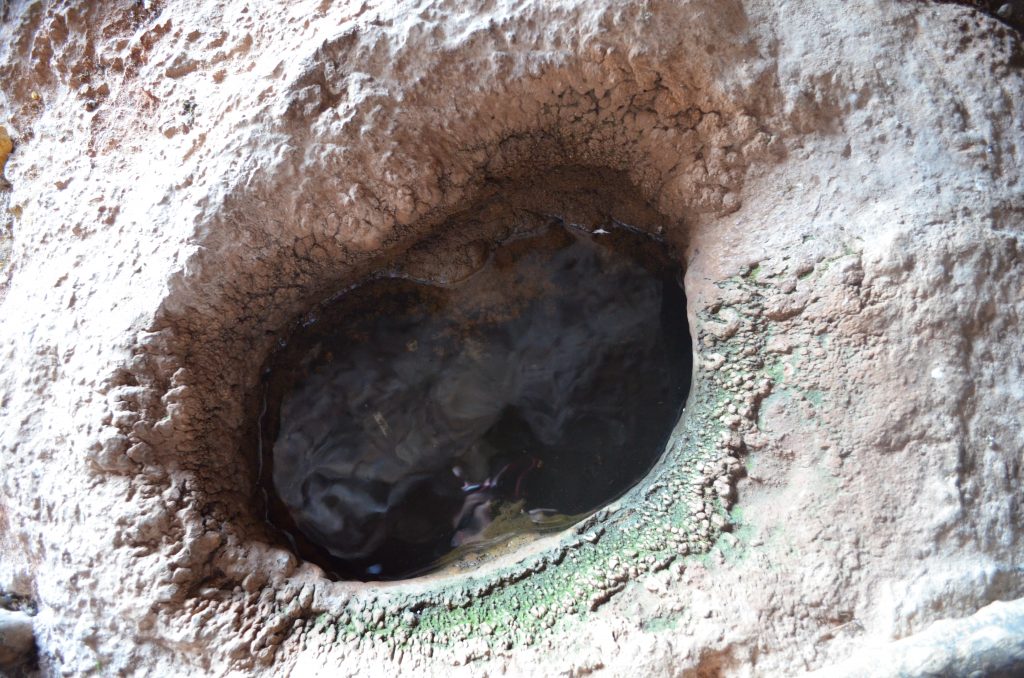
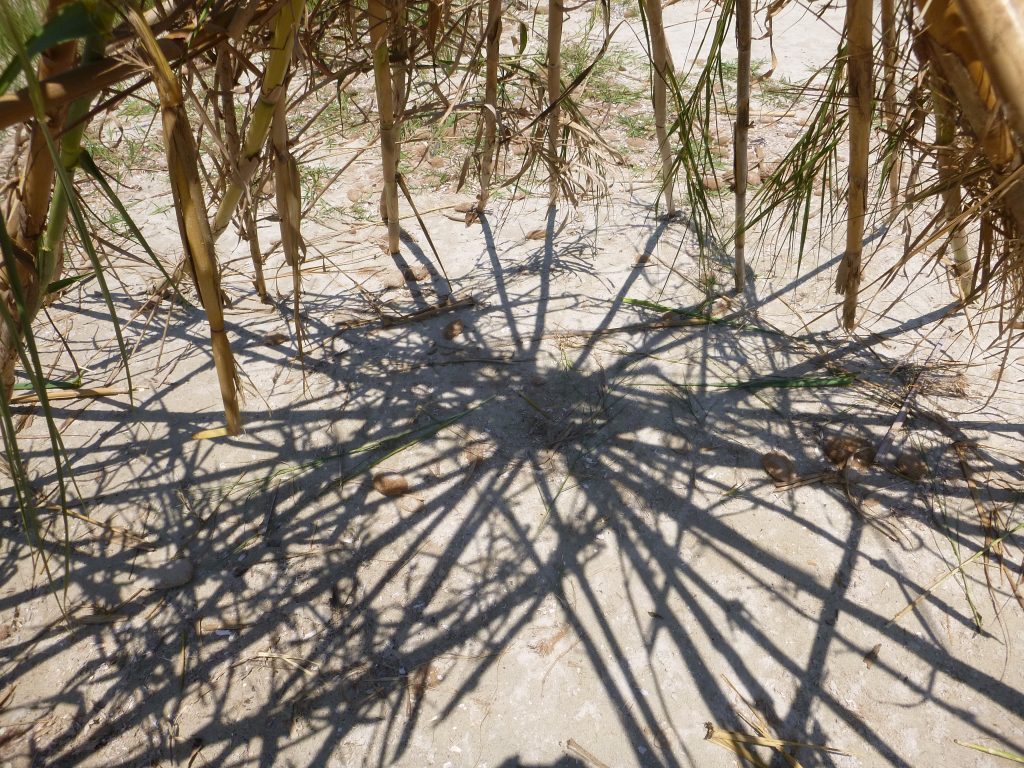

Don’t Change a Hair for Me
Here’s a cautionary, and true, romantic story.
Seán and Jenny had a wild romance: fiery, adventurous, hungry… especially hungry. They both loved fine food and tried to visit a nice restaurant at least once a week.
Giddy on passion and reckless zest, they developed an eating-out routine which combined their shared taste for theatrics with a soupçon of adrenalin. This involved Seán rising from his seat mid-dessert and sinking to one knee before Jenny, producing with a flourish the unmistakable, iconic cube of a ring box, as every eye in the place turned to watch this age-old human fairytale.
They were good actors, and invariably Jenny’s happy Oh-darling-I-do! would elicit a round of applause. More importantly, it also brought material benefits: free drinks, at least, and sometimes – you’d be surprised how often – a torn-up bill. Cakes were produced, waitresses sang songs. There are at least three upmarket bistros in Dublin where you can still see, pinned up behind the bar, a yellowing Polaroid of the allegedly betrothed, toasting their fictitious future with champagne donated by the beaming manager who’s embracing them both.
Even if their romantic hamming hadn’t moved the boss, some well-to-do fellow patron might pull out his credit card, spurred to generosity by this sentimental reminder of the beauty and optimism of l’amour even in our uncaring, dog-eat-dog age. The world will always welcome lovers, after all.
On holidays the pair fished for every conceivable freebie by claiming to be on honeymoon. They even brought props to support their Bonnie-and-Clyde sham: wedding cards, a bridal veil, leftover confetti. Happy, daring, aphrodisiac times ensued.
But of course they were playing with fire. Not just the fire of potential discovery, but the fire that smoulders, usually undetected, in the hearts of the young and infatuated. The lie oft-repeated became an internalised truth. Jenny made certain assumptions, subconscious perhaps but no less important for that. Seán meanwhile remained blissfully non-committal as the years whizzed by and the pretend engagements mounted.
It could only end one way. After five years they parted. Badly.
Five more years passed, years of hard graft, hard knocks. Lessons were learned on both sides. And finally there was a reunion. In a different restaurant, surrounded by another crowd of strangers, peace was made. Dessert was ordered. And Seán produced another little jewellery box – this time for real.
Tears in her eyes, Jenny rose to her feet. “Too late, darling, too late,” was all she whispered as she walked away. There was no applause. Seán quickly settled the bill, dozens of sympathetic watchers pretending not to see, and left.
George Wells
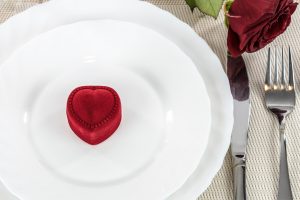

Come Shopping with Me, by Ash Reddington
Ash Reddington is a talented Irish actor, writer and filmmaker who is based in New York City. In this short comedy film, her character Svetlana goes window shopping in Manhattan during lockdown.
You can find out more about Ash at her Backstage page.

Lesson Plans, by Geraldine McCarthy
Geraldine McCarthy lives in West Cork. She writes short stories, flash fiction and poetry. Her work has been published in various journals, both on-line and in print.
My temples throbbed. I had stayed up until two am finalising lesson plans. Scanning the classroom, I noticed Geoffery twirl the pencil in the sharpener, his head bent, deep in concentration.
I had put him at the back, next to Amelia, who threw sideways glances at him, when she wasn’t frowning over her sums.
The contrast between them was striking; him dark-haired and sallow-skinned, her blond and pale.
Some children wandered from their seats.
I left my vantage point at the top of the room and crouched down to correct Rebecca’s maths. Suddenly I heard a piercing cry behind me. I shot up and looked around.
“Amelia, what’s the matter?” I asked. It was my first day in my first job.
“It’s Geoffery,” Amelia sputtered, “he stabbed me!”
I fixed him with my most withering look. He met my eye and gave a little smirk.
“Come here, Amelia, let me look at your arm.”
The little girl got up from behind her tiny desk and came up to me, pouting and looking at the ground as she walked.
“It’s ok. There doesn’t seem to be much of a mark. Is it sore?”
Amelia nodded her head, her lips downturned, fresh tears forming in her eyes.
“Ok, let’s get you a sticker for being a brave girl.”
I put the butterfly sticker on Amelia’s pinafore and told her to sit on the teacher’s seat for a little while.
They had never mentioned pencil stabbings in teacher training college.
“Geoffery,” I said, “This is the third time this morning I have had to speak to you. Come with me.”
He took his time getting up from the chair. There was still the hint of a smirk about his mouth.
“We’re going to the principal’s office.”
A hush fell over the class.
I nodded to the teaching assistant, opened the door and marched down the hallway. Geoffery sauntered after me. I knocked on the door.
“Come in,” a voice said from within.
I entered, Geoffery in my wake, and we sat on the visitors’ chairs.
“Is there a problem?” Mrs Murphy asked, looking up from the swathes of paperwork which covered her desk.
“Yes, well, there has been a nasty incident,” I said. There was a moment’s silence.
“I did nothing, Aunty,” Geoffery piped up, shooting me a look.
My jaw dropped. I managed to rearrange my expression into neutral.
“That’s not quite true,” I said. “You hurt Amelia and she was very upset.”
“Well, I’m sure he didn’t mean it,” Mrs Murphy said. She began to stack her papers and looked pointedly towards the door.
I waited a moment. “Well, sorry for disturbing you,” I said, rising from my chair.
Mrs Murphy nodded and began filling in a form.
I walked down the hallway in silence, Geoffery by my side. When we reached the classroom door, he looked up at me and stuck out his tongue.
“Were they troublesome?” I asked the teaching assistant, who wore a strained expression.
“No, not at all,” she replied, “but I think that’s the inspector’s car outside.”
I went to the window and saw a grey-suited, grey-haired man alight from his car and pull a leather briefcase from the back seat.
Retrieving the bulging folder of lesson plans from my desk, I hugged it to my chest and cast my eye around for Geoffery. There he sat in his little chair, cradling the pencil sharpener in his tiny, tiny little hands.
Geraldine McCarthy

Priorities, by Breda Hyland
Lipstick smudged in empty coffee cup.
You crush it nervously in your trembling hands,
waiting for his form in the doorway
and he does come,
and fixes his eyes firmly around the room
until he finds yours.
He beckons and you follow him.
Not waiting to hold the door open,
he hurries across the street
away from the thousand eyes of the night.
He bundles himself into his new Mercedes,
lights up a cigar and waits.
He thinks of home, his boring infertile wife,
she, a company director, with all the trappings
that he can’t live without.
But he wants more.
He watches you in the rear view mirror,
and ponders the ravages of time etched in your face.
You have the look of children
and burgers on Sundays,
wearing faded denim jeans
and worn outdated blouse
under an oversized belted raincoat.
Hard to believe you were once a follower of fashion.
Locking your door, he drives into the night air
and stops at a laneway, concealed entrance.
He’s been here before, you can tell.
In the darkness he spits his cigar from his mouth,
and heaves his obese body into your seat,
smoke breath heavy on your face.
You close your eyes and think of the money lender
and hope he’ll be satisfied in the morning.
Relaxing back in the driver’s seat,
he pulls two fifty euro notes from his inside pocket
and stuffs them into your sweaty palm.
‘I’ve had better’.
Sickness and anger rise in your throat
but you pull yourself together, look away
and think of your children,
born to deprivation,
brought up on love.
Home now, the whiff of alcohol greets you at the door.
You spot your inebriated husband
slouched in the living room.
His bloodshot eyes stare through yours.
‘How much’?
You toss one fifty euro at his feet,
and hope, more than anything, he’ll let you sleep tonight.
In the kitchen your children huddle in a corner.
On the table, a bottle of cheap perfume,
six rice krispie buns; one from each child
and a homemade birthday card.
A candle lights up each face as you enter.
‘Happy birthday mammy, we love you’.
Effortlessly, you carry them up the stairs
and kiss each one goodnight.
In the quiet of your room you press your apron
close to your tear stained face,
taking comfort in its’ old familiar smell.
You cry buckets.
Breda Hyland
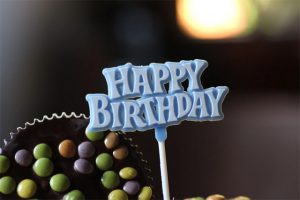

Come Friendly Bombs (with apologies to John Betjeman)
I wrote this poem a couple of years ago (and well before Covid 19), but I think the issues it refers to still stand.
Come friendly bombs and fall on Slough
It’s time to say this is enough
The future’s looking very tough
Don’t hold your breath
Don’t be disabled or be sick
ESA won’t miss a trick
You’re made to feel like you are thick
By DSS
And now we’ve left the EEC
There’s no appeal for you and me
Beyond the Tory hierarchy
Which we detest
Come friendly bombs and fall on Slough
And help us as we mourn for how
Our futures bright have vanished now
Compassion’s death
Mary Tynan


Many Diminishing Returns
It’s not helped by the weather. I mean, it’s definitely that time when you start thinking about getting away. Dawn chorus is actually getting louder; maybe it’s just the contrast. I mean, there’s nothing happening.
Anyway, that’s the time for me. We always used to set off then. Car was packed, evening before, and then we’d eat something. And I mean something; Mum was always thrifty – Dad said ‘Mean.’ So, whatever was left in the fridge was cooked and eaten, then off to bed, too excited to sleep. Eyes shut, make it pass quicker, then woken by my dad saying “Shhhh, it’s time.” We’d dress in that curious garb only worn for holidays. Dad’s weird trousers that had zips just above the knees so they converted into badly fitting shorts. Then downstairs without breakfast, off through the empty streets. How long before we see another vehicle?
Like now. The rumble behind all the other sounds is gone. But we are still waiting to go away, to escape, to be released, for the summer, vacation, va-ca-tion?
Well it seems more vacant than a holy day. I mean, the next step is unlikely to be a celebration. It is not a return. The new normal is not so easy to shed; it has to be tailored to fit the circumstances. We’ve not been here before, and this journey is not a reversal – more a gradual course adjustment, a slight curve. People say ‘when it’s over’ but can it be? Over the horizon perhaps? Which means we might glimpse further ahead. Are we there yet? Yes, we’re always there. Is there a real ‘us’? Maybe the immediate household.
The family has, for some, returned to staycation; children are suddenly familiar with family. For some, this will be a positive discovery; for others it will be ‘domestic.’ For some, it will be duty or servitude as carers; for others solitary ‘lives in parallel.’ Our main community is. in many cases. now digital and is itself fragmented.
So, which ‘us’ are they briefing? Who is in it together? The death rate among the solitary and the marginal has risen, the rest shunted into a virtual world in which social relations are through a screen, muffled, partial, and easily monitored. Does this contribute to a sense of disempowerment; of being done unto? It might be a contributory factor to recent rise in active protest. Is that where ‘we’ need to be next?

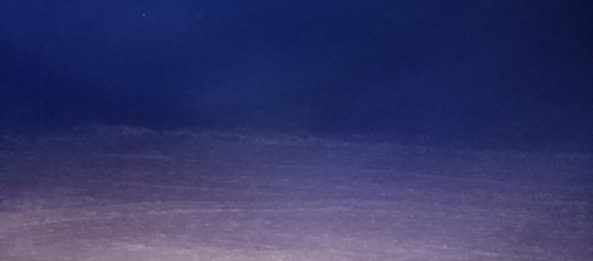
Evening into Night, by Mary Tynan
Mary is an actor, writer, and director, as well as the artistic director of Notes From Xanadu. She does not claim any expertise as a photographer, but is merely blessed to live in a beautiful location. As well as landscapes, she also likes to photograph food! You can view Mary’s actor website at www.marytynan.ie
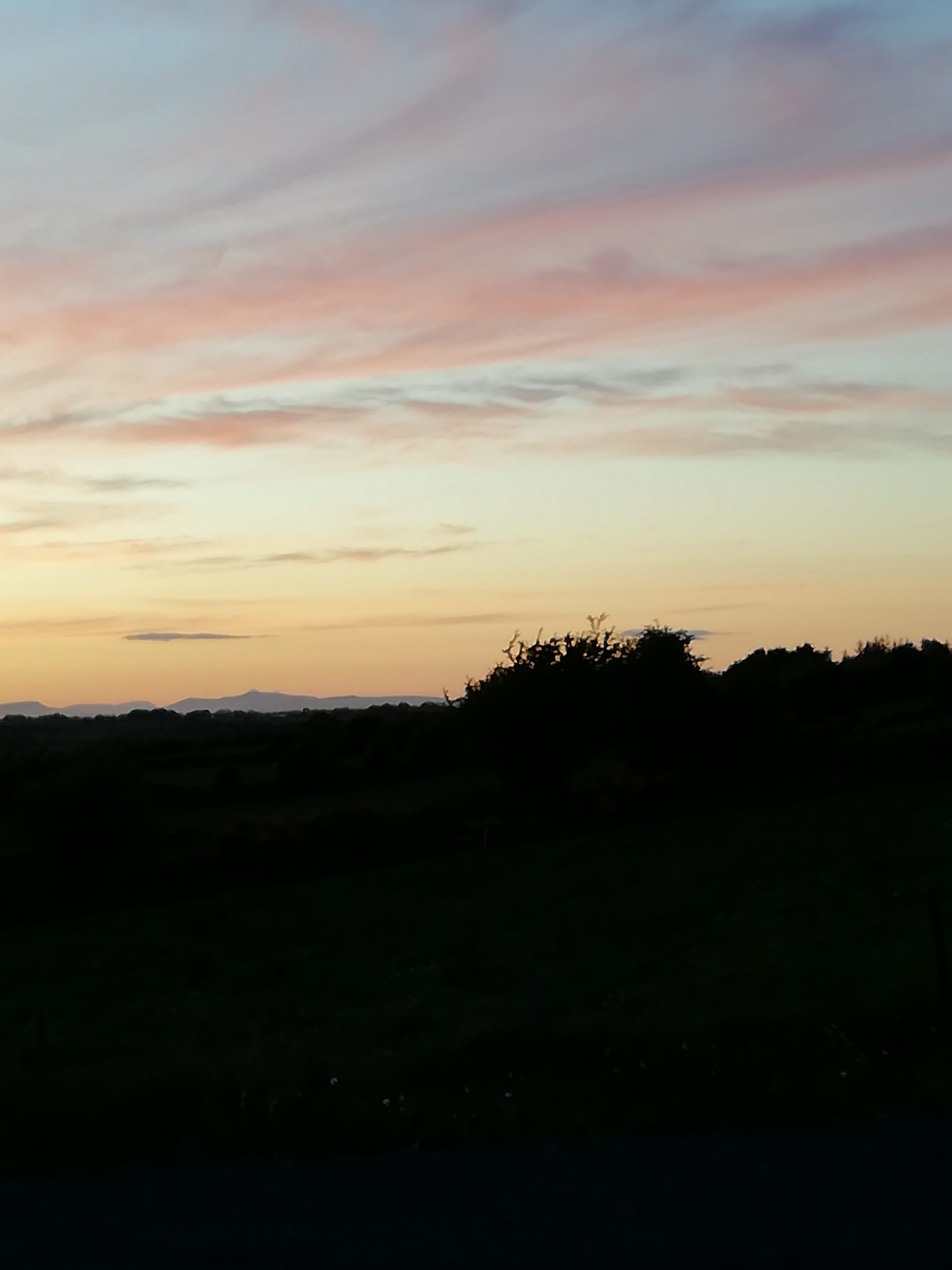

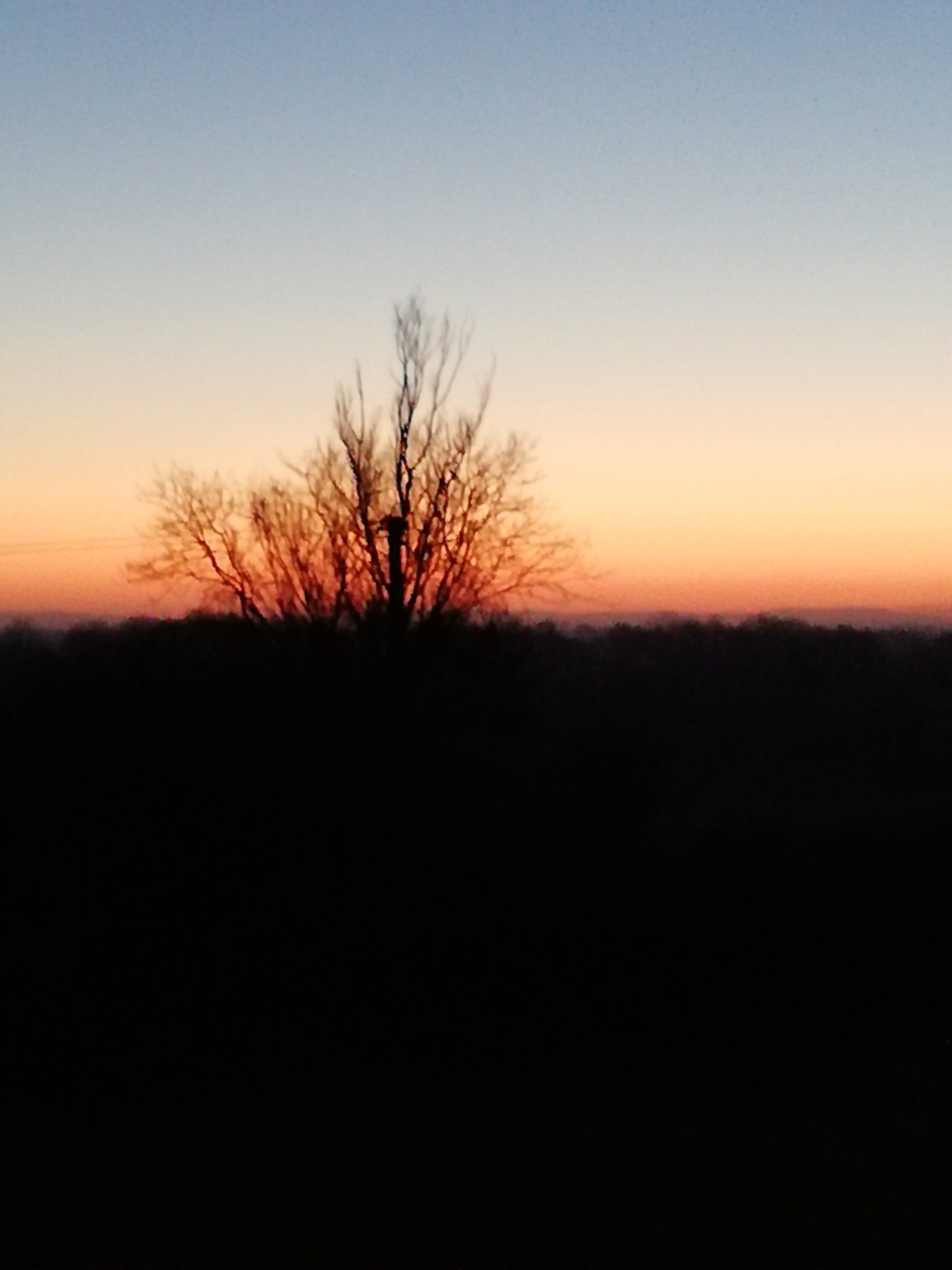
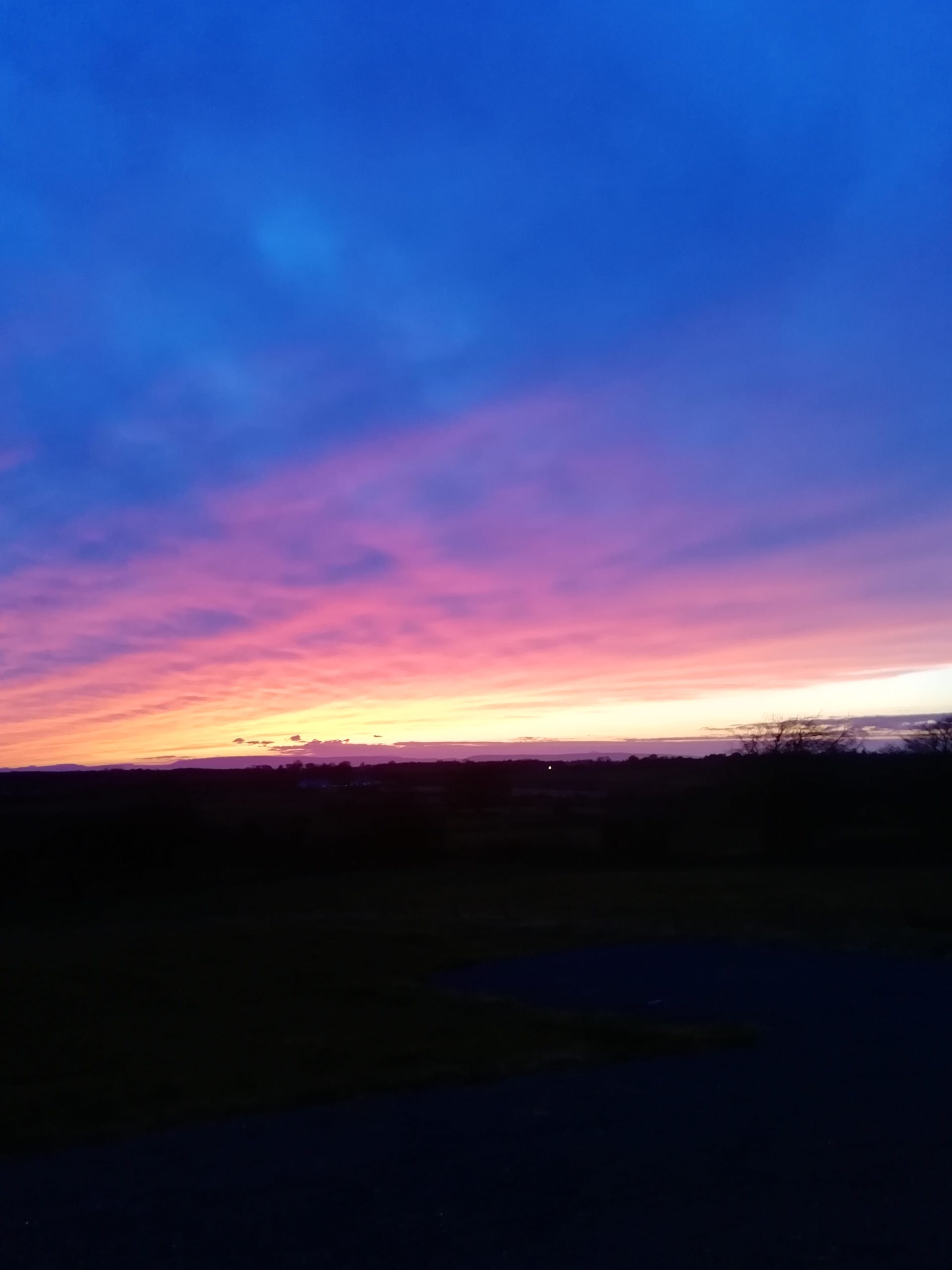
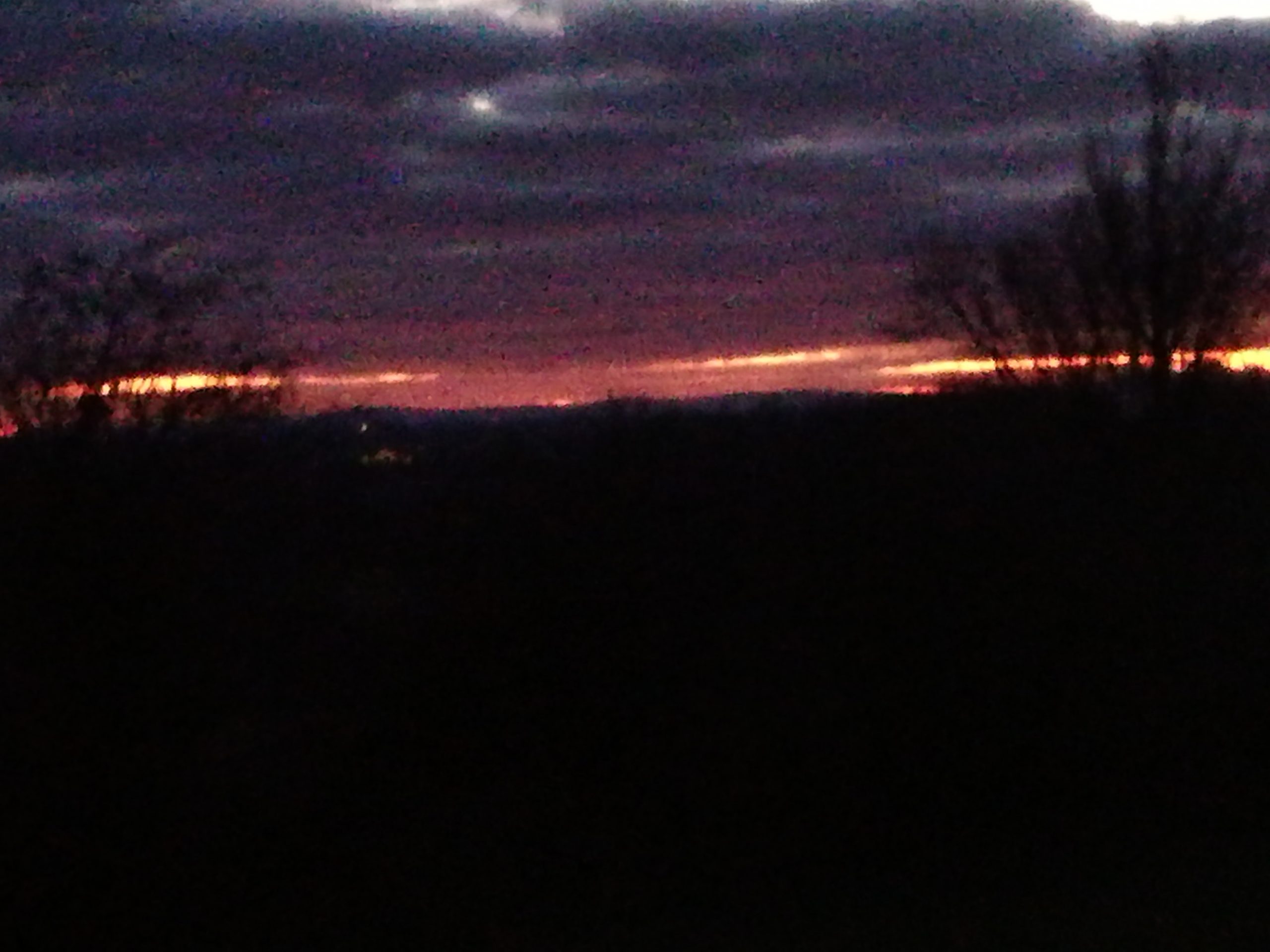
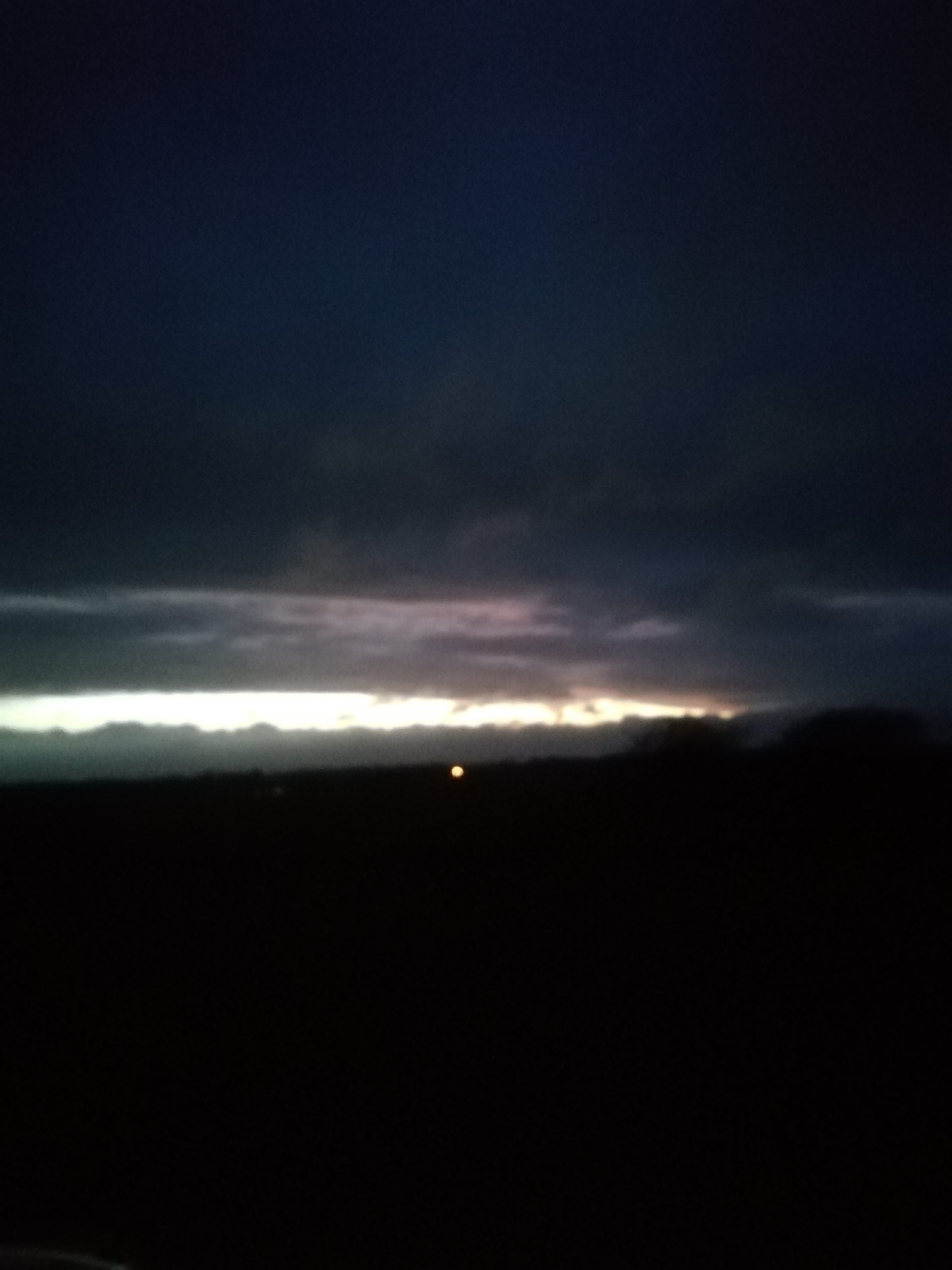
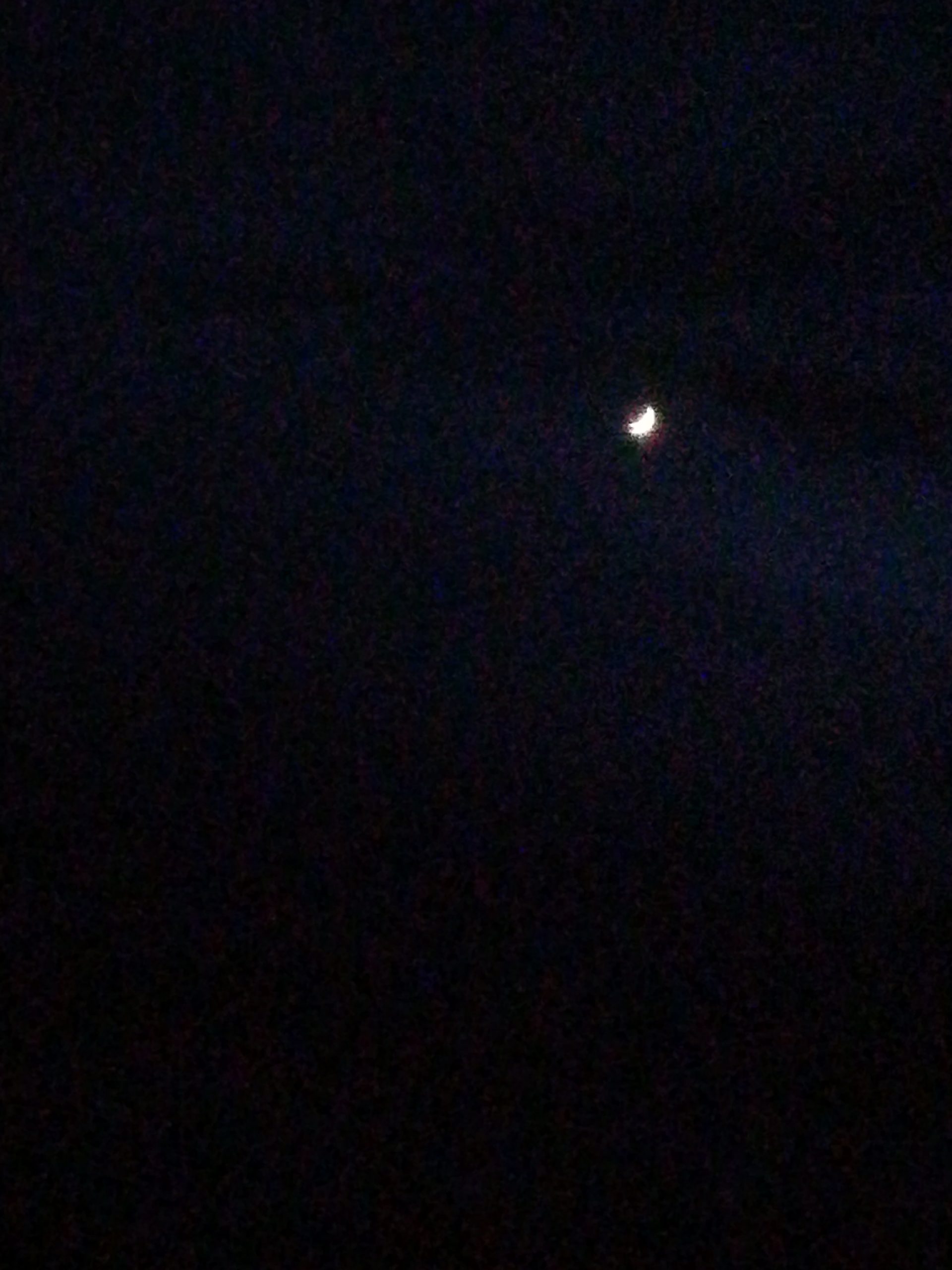
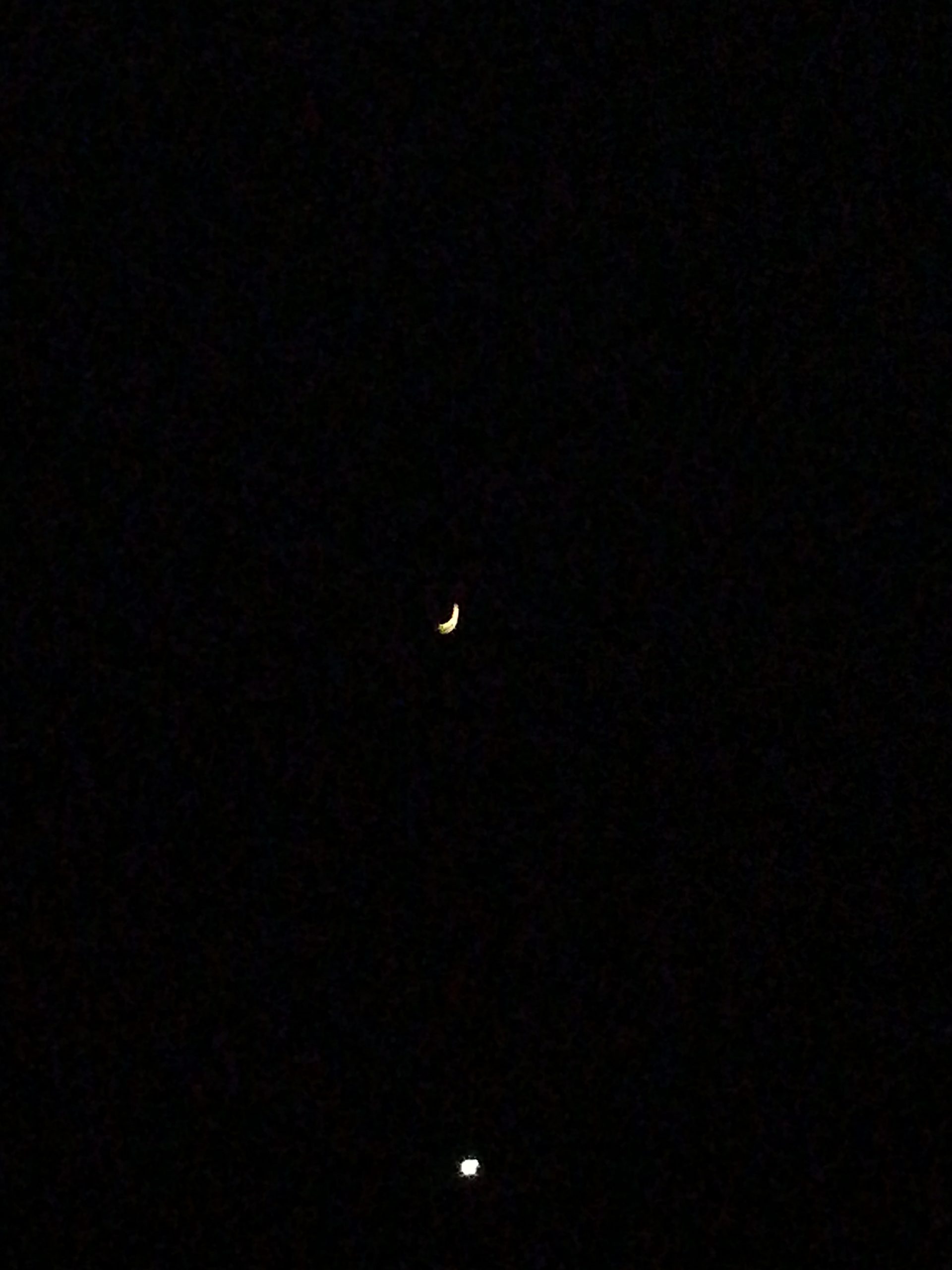
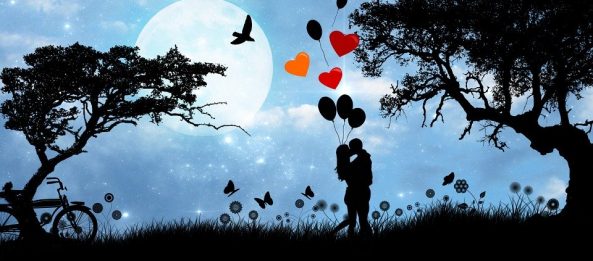
Only Real Necessity, by Autumn Black
Welcome back to Autumn Black, one of our talented female singer-songwriters. Here she performs her most recent composition, “Only Real Necessity.”

Lockdown Lunch
It has been a while, dear readers, since I have been sat down and writing. Much has happened in ‘lockdown’ which I won’t get into right now.* Yes, I prefer the term ‘lockdown’ to ‘self-isolation’. Like, I’m not self-isolating. I haven’t chosen to isolate myself. I’m not isolating because I’m not by myself. ‘Self-isolation’ is a very confusing term. We are, according to public health advice, limiting our interactions with people outside of our core home unit to the absolute essentials. What do we call that?** It’s definitely not ‘self-isolation’ in my book.
‘Lockdown’ is far more sexy and intimates some kind of purpose or goal, maybe. If you say it the right way. You can’t say it in a sad or whiny tone. You have to say it with authority, possibly with your eyes slightly wider than usual, giving you a bit of a crazy look. Practice in the mirror.
We started ‘lockdown’ gloriously. Well, I think I did. I spent hours in the kitchen making wonderful exotic dinners for the family.*** I’ve since lost count of the cheese toasts and teas I’ve consumed. Unfortunately my waistline insists on bearing evidence.****
We have managed to avoid the whole artisan, bread starter craze but only because I’ve been there and done that. That ish is worse than caring for a baby. It gets everywhere and becomes all-consuming. The only excuse you’ll ever have for keeping a live starter is if you’re baking for your neighbourhood. Don’t bother, otherwise.***** We did build an open fire pit in the garden so we’ve reverted back to the African way of cooking over the open fire a bit. That has been particularly enjoyable. Possibly have gone feral making pallet furniture. Yet to be completed.
On the food note, I decided to sign up to a cooking newsletter on email.****** First edition just arrived. Full of soup recipes. Soup. Even the word: soup. Say it. The mouthfeel of the word soup is not even satisfactory. If soup is not accompanied by a nice big fat plate of toasted sandwich with everything in them (preferably snackwich style for dunking), it’s not worth it. I don’t know how I feel about drinking my food. Never got into the juicing craze. Smoothies need to be thick enough to eat with a spoon.*******
I also have just realised thanks to the red underline that snackwich is probably not a well known term. South Africans call toasted sandwiches with the sealed edges from the home toasting machine a snackwich does in fact have a good mouthfeel when you say it. Far more satisfactory than soup.
Cooking newsletter did not just seem to put soup on a pedestal. It advocated biscuit making with lard. Yeah yeah to the pros. I get it. Crispy biscuits. Ireland has spoiled me for life. Butter is queen. Lard is not. I love bacon, don’t get me wrong. But knowing the fat from the abdomen of a pig is inside my delicious crispy biscuit is just not a great feeling at all. Similar to handling raw chicken. It makes me want to scrub, violently, with soap and hot water. At least I won’t catch corona in my kitchen.
‘Til next time.
*Suffice to say, I cackle every time I see a man saying we’re all inadequate if we haven’t learned a new skill, blah blah.
**Being A Responsible Human?
***Didn’t last a week.
****Trying not to bare the evidence…definitely not a bikini ready summer, lads.
*****You’re welcome.
******Feels like 1999 again.
*******Smoothies count as food only when fruit to liquid (yoghurt) ratio is correct.
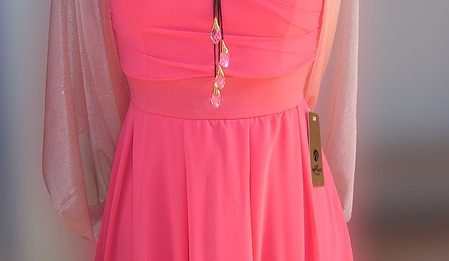
Hungry for Love, by Breda Hyland
Breda is a writer from the West of Ireland. She tells us, “I write for a pastime, about ordinary, everyday things, but I like to throw my imagination to the wind and sometimes I laugh at what comes into my mind! I write best in my head, when I’m driving through the fields, out in the open air. It’s harder to come home and put it down on paper, but I’m usually happy with the end result.”
Please note that this poem contains adult themes.
You drove me to Galway
in your Ford Granada,
to buy me a dress, you said,
for the local Macra social.
At 62 you were a devoted member,
I was a novice at 29.
Your car tax was out of date so you
hid it in a laneway nearby.
I stepped out in deep puddles
that soaked my stilettoed feet.
You whisked me past Moons in case
I spotted the designer dress in their window.
Anthony Ryan’s winter sale –
The best in the west, you said.
You bought your last suit there
twelve years ago, maybe more.
I tried on and hinted disapproval
at the colour and the style,
You couldn’t wait to get your hands on it
reduced to half price.
No time for food, you said,
you had to check the Charolais cow
and the new-born calf –
a valuable pedigree heifer.
Next year at the Claremorris show
she’d make the best continental.
You’d win the cup, not to mention the
money and the photo in the Western
and I’d get my hair done,
that place in the corner, you said,
where your mother goes,
she gives good discount on a Friday.
You had your way as usual.
We ate the bacon and cabbage,
cooked by your mother,
when we got home
And you the lucky girl, she said,
you’ll never want for anything.
Prosperous farmer, fine house
I puked her words (and the dinner) down the sink.
Later that night at the Macra social,
like the pedigree in the ring,
you paraded me around the ballroom,
proud of the female trophy on your arm.
And they all gazed and whispered.
And she an only child, they said.
And her land adjoining his, they said.
And wasn’t he always after young ones anyhow.
On the way home, another laneway,
the back seat covered in dog hairs.
My brown hair fell into the half open bag
of Maverick (or was it Frisky).
The plug of the calf dehorner
dug into my lumbar vertebrae.
Thank god it was round,
the damage superficial
And you held me like the calf
in the crush, about to be castrated,
never going to get away
and neither was I.
Your arthritic limbs caused
awkward manoeuvres in the dark.
You moaned and groaned agony and ecstasy.
Was the pleasure really worth the pain?
My dress was full length and fitted,
you cursed because it was waisted
you never wasted anything in your life before,
and I thanked god it was over
And my mind drifted back
to the dress in the window in Moons,
glad I didn’t fall for it after all –
I’m almost sure it was short and flared.
Breda Hyland

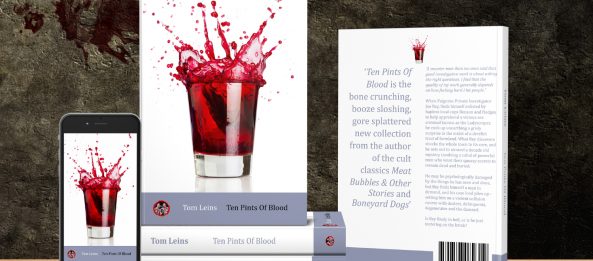
Cover Art, by Craig Douglas
Craig runs a small organisation, Close To The Bone Publishing (http://www.close2thebone.co.uk), which is dedicated to helping authors into print and onto a viable sales platform’ sidestepping publishing agents and other such complexities. You can contact him on close2thebone@hotmail.com with any queries regarding publishing and cover art. He’s a former soldier and is now dedicated to promoting safety and health in the workplace as an occupation. Craig currently live in Warwickshire, England with his wife and two children. He has a personal blog at http://www.craigrobertdouglas.co.uk.
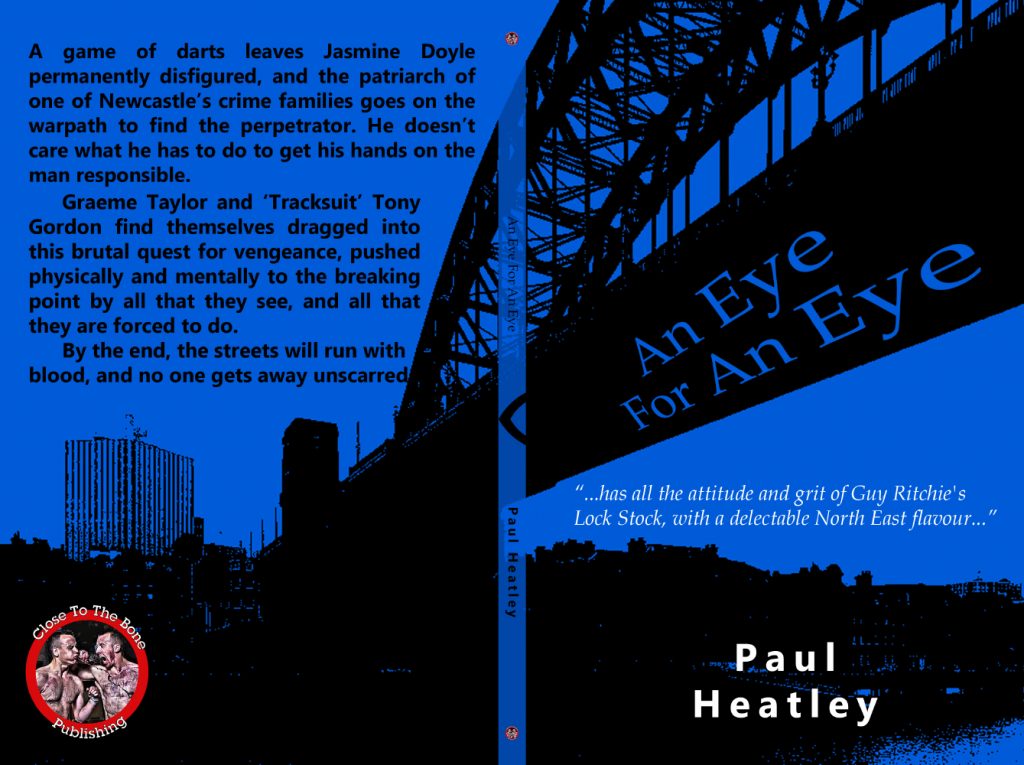
An Eye For An Eye, Date of Releas : 2017, Author: Paul Heatley.
“1 of 3 books in a trilogy. The most difficult part was trying to get an eye on all 3 spines to match up correctly.”
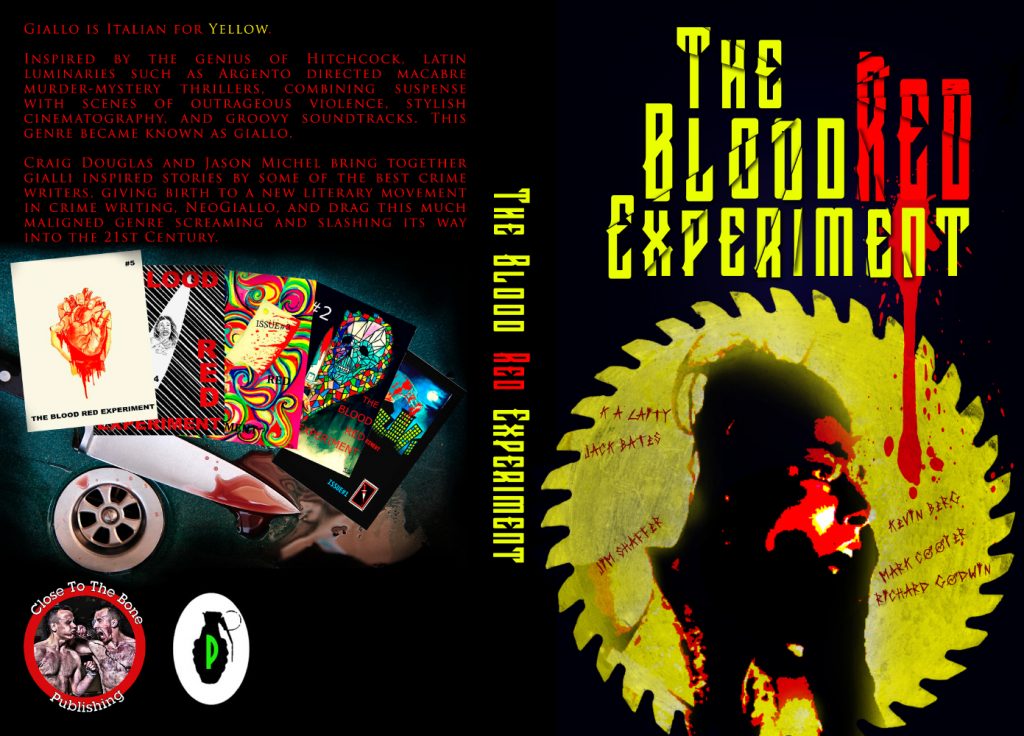
The Blood Red Experiment, Date of Release: 2018, Author: Anthology.
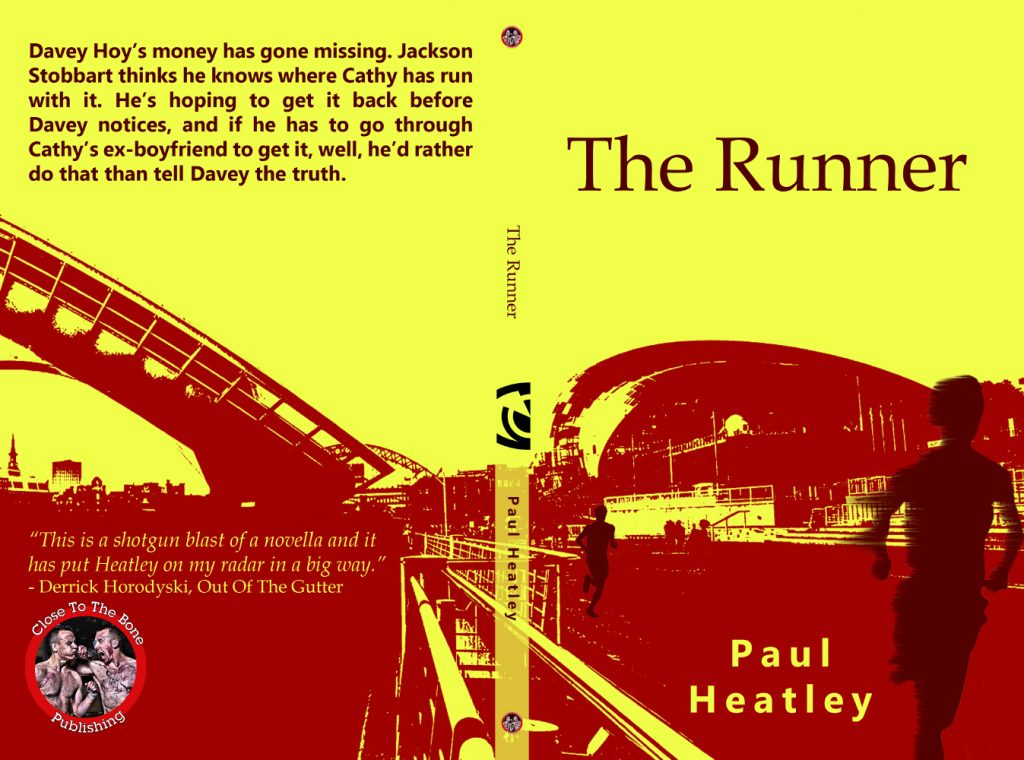
The Runner, Date of Release: 2018, Author: Paul Heatley.
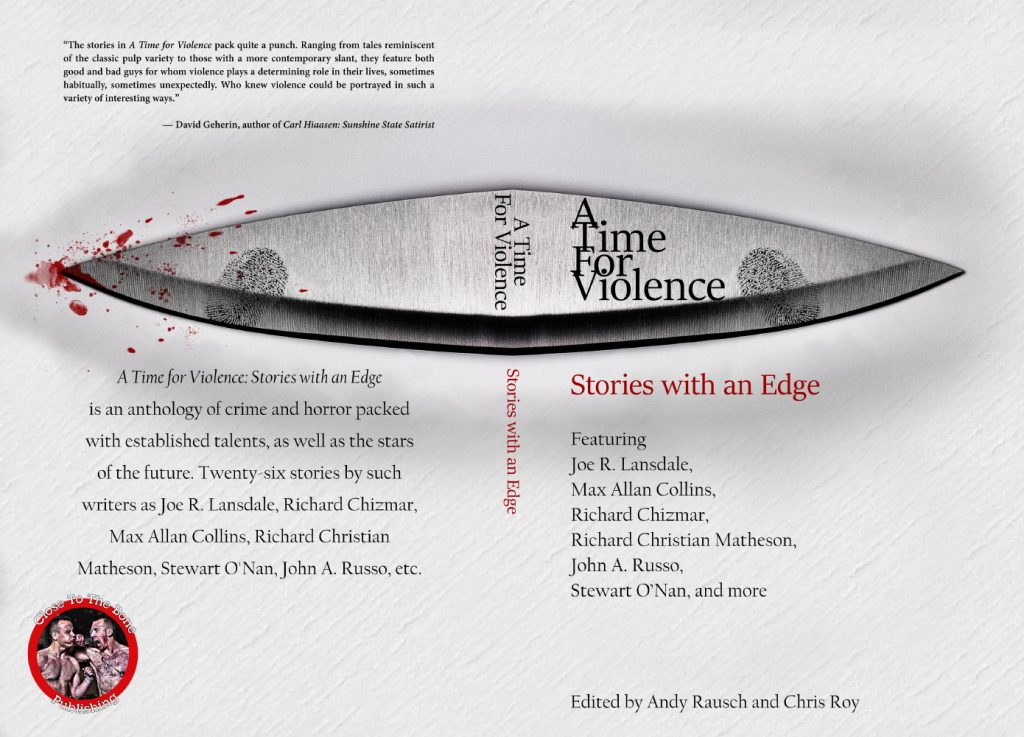
A Time For Violence, Date of Release: 2019, Author: Anthology.
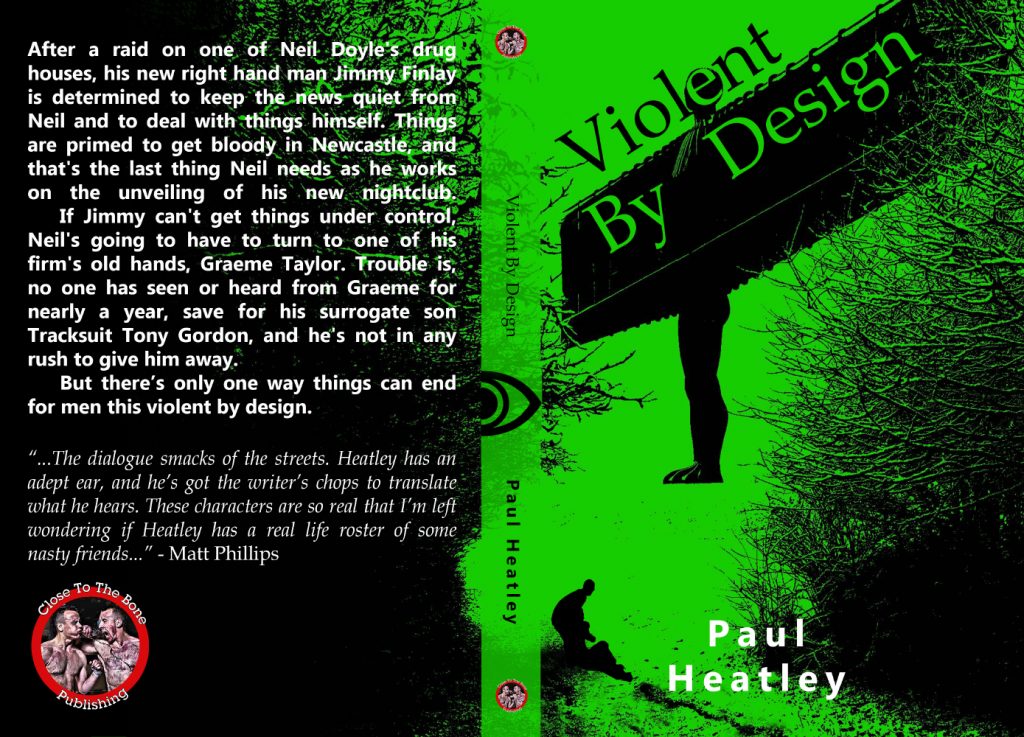
Violent By Design, Date of Release: 2018, Author: Paul Heatley.
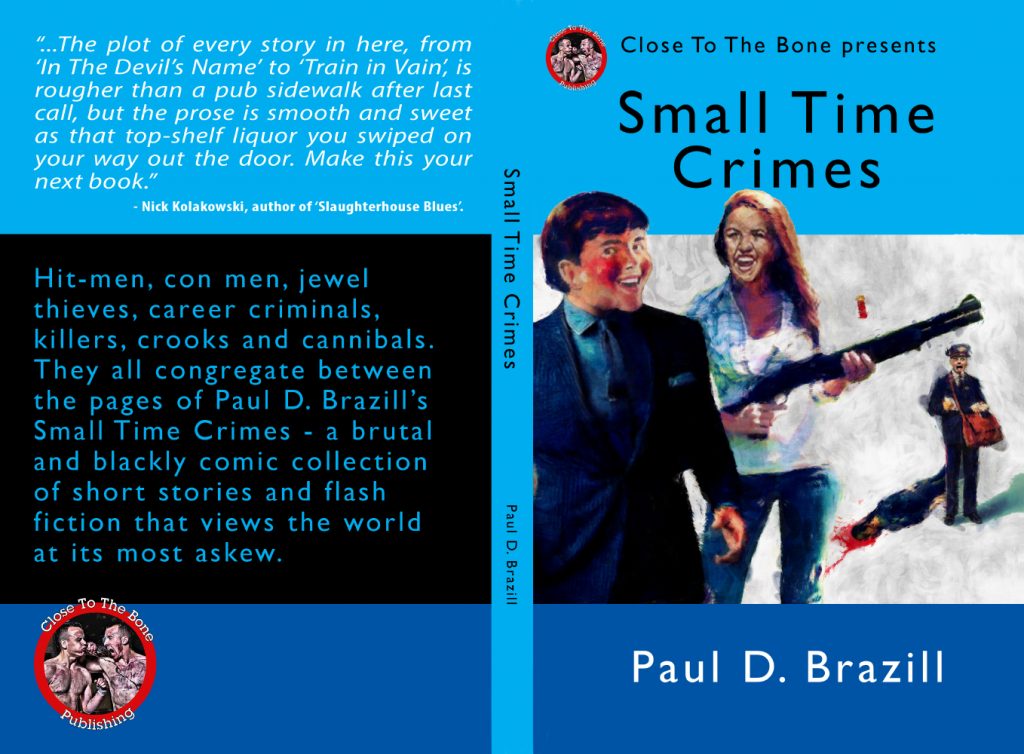
Small Time Crimes, Date of Release: 2018, Author : Paul D. Brazill.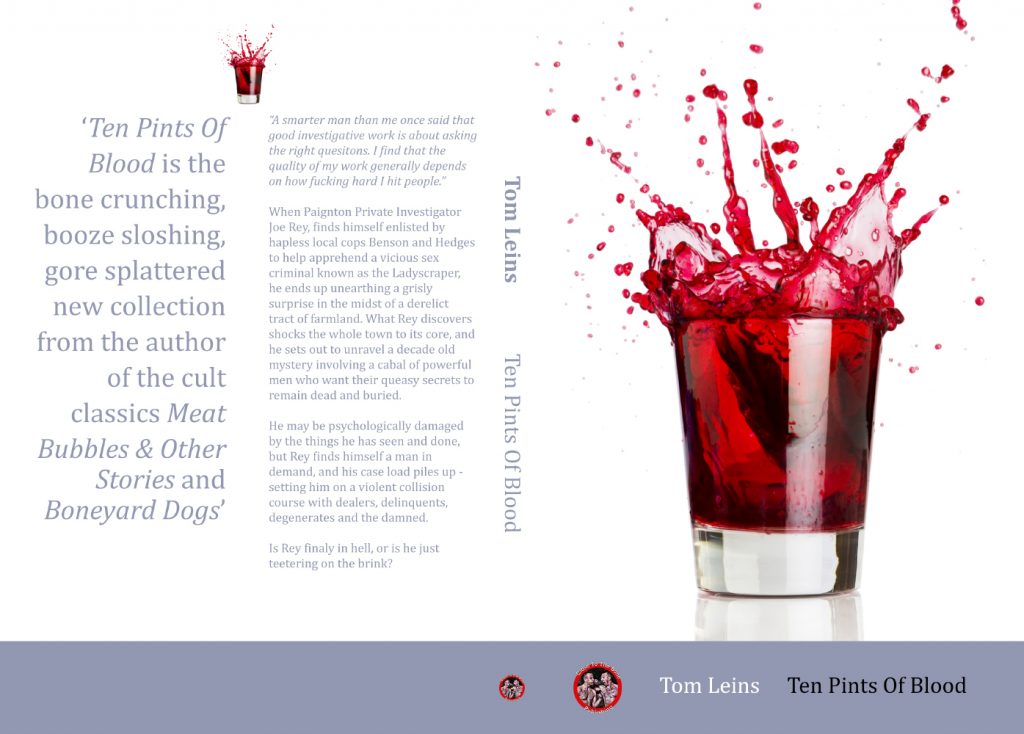
Ten Pints Of Blood, Date of Release: 2020, Author : Tom Leins.
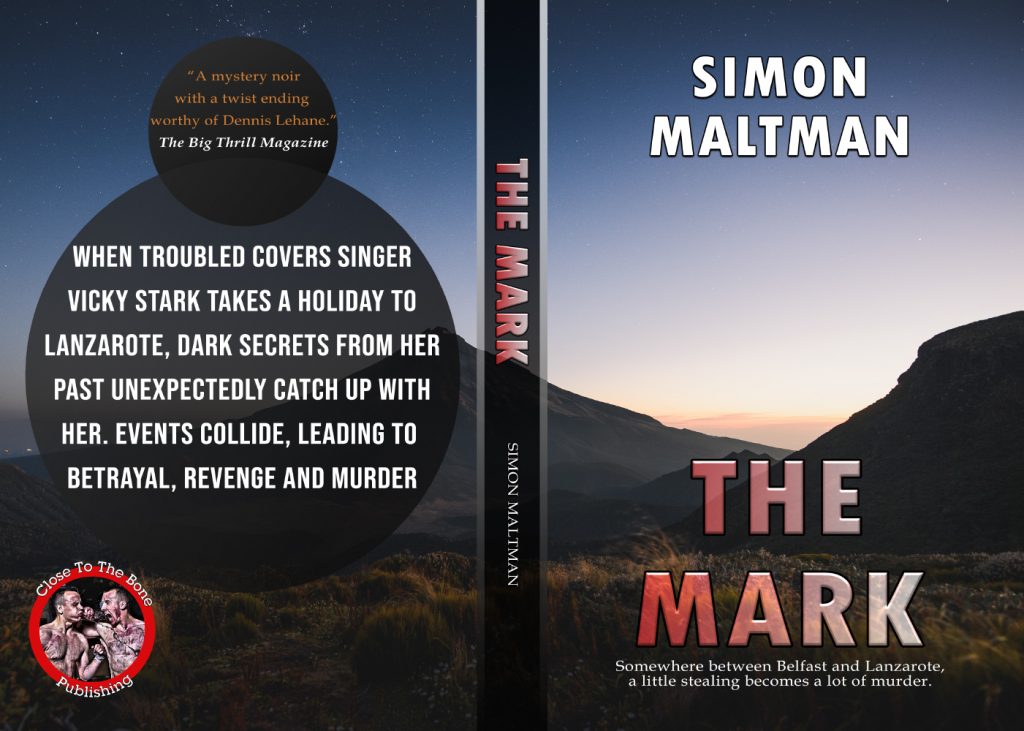
The Mark, Date of Release: 2020, Author : Simon Maltman.

Dear You
I remember the first time I saw you. The light haloed you. What do they call it? An aura? Yeah, you had something about you. Something that drew me in. I knew I wanted to …. not to question but know, know you. Not like an address book, no I wanted to understand what makes you tick, at a molecular level, (chuckles). I wanted to be close to you. Yes you were beautiful, different, easy to look at, fit, elegant, nothing overstated, something drew me. Maybe your taste, I’m sorry, is this too much? Curiosity killed the cat. Or maybe the Cat had nine lives?
So I surveyed you. I’m not one to leap in. I like to know my locale. I’d find a comfortable position in the middle of the class. Part of your inner circle. I start to know you, through them. The neat way you take in the world, your habitat, the community? You are a warm, reliable, person. Not one who needs to see themselves liked by social media; a people person, touchy feely, a hugger; people feel they can rely on you, and you smell good. Not cheaply floral, no, broad, sweetly herbal, maybe spice and a healthy scent of exercise. I wanted to be immediate to you. The thought of being confined with you tickled me; in a warm closet or airing cupboard, dry and warm, intimate, shared breath, I can still feel your heat, smell your hair, taste your constrained breath. Your body frames mine. Clasping together. Your brother searches having reached ten. I was still small, too small to be taken seriously. But I meant it. Even then I was feeling it and it would only get stronger. But I had to bottle it. I, in the …. past, well, I suppose I’ve been too obvious, wooden, gauche. To win you, it had to seem like your victory. Otherwise you might think I was a stalker.
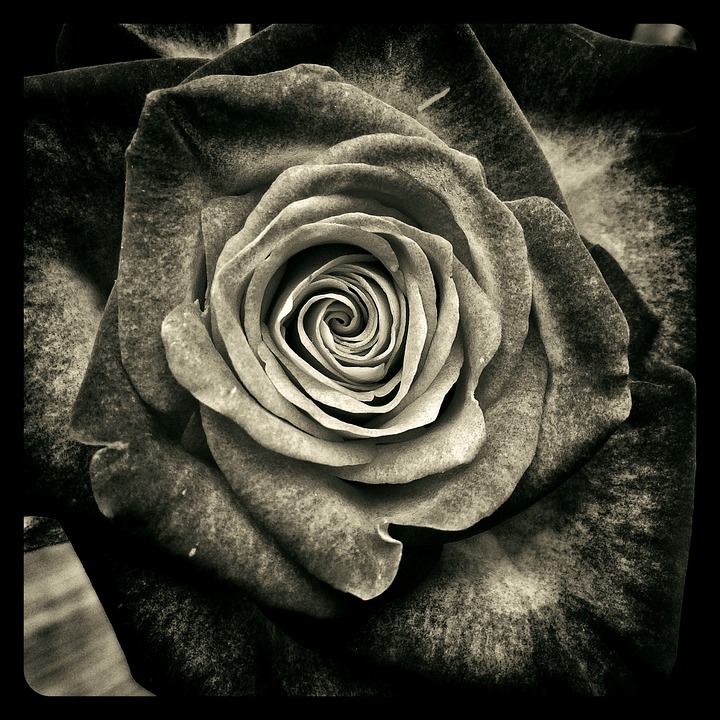 I love you. I don’t mean in a half hearted flirtatiously attached sort of way. Not dalliance, not a teasing exchange. You make me complete. I no longer imagine going places without you. You’re long term. Not just a travelling companion. In you I’ve seen myself. I can see our potential. You embody it. I commit to you fully.
I love you. I don’t mean in a half hearted flirtatiously attached sort of way. Not dalliance, not a teasing exchange. You make me complete. I no longer imagine going places without you. You’re long term. Not just a travelling companion. In you I’ve seen myself. I can see our potential. You embody it. I commit to you fully.
But what do I get in response? Fear, I can taste it. The way you distance yourself. Not just slyly relocating the table tent at the meeting so as to avoid being my neighbour. No, excusing yourself from events, soirees, involving our mutual friends, always a reason, not a school day, migraine, need to catch that train and look, they can all see it. They know we fit together. Complimentary flavours, primary colours in our social palette. But you don’t buy it. Anyone would think I was toxic, I just need to be close. I’m not asking for conscious commitment. Choice is irrelevant. Our willing compliance is unnecessary. Our connection is fundamental. It seems trite to say we’re made for each other.
An item; we have a future; potential to make something simply beautiful. So this change in your behaviour, this cruelty will not go unanswered. I’m afraid, or rather I’m not. To be brutal is a mark of my passion. It’s all or everything. You can’t just cut me. I know where you are. How you behave and how to exploit your instinct. Take a long hard look at yourself and reconsider. Because I’m resilient, persistent and patient.
C
Pearly Moon, by Suzanne Ledwith
Described by Hot Press as having the voice of an angel, Suzanne Ledwith is a multimedia artist from Mullingar. She was introduced to the acoustic guitar in her youth. ” I remember Mary (Tynan) showing me how to play Romanza on the guitar, for which I am very grateful, as it was the first time I every played a guitar, and I discovered a life long passion. In her teenage years a chance meeting led to her being asked to join a band. Not seeing any reason to say no, she said yes, and Dreams of ID was formed with Patricia Raleigh (electric guitar) and subsequently Monica Raleigh (bass) and Paul Muligan (drums). Eventually this morphed into Suzanne performing solo.
For the past number of years she’s been developing a different style from the early pop/rock focus of the band. Her style reflects an interest in Irish music, world music, folk and classical music. She’s been working with Donal Lunny for a number of years on an album, which is finally coming to a not-too-hasty conclusion (Suzanne’s words). Suzanne says that working full-time as a teacher in the further education sector leaves little space to make her passion for composing, writing, singing and playing guitar more than a hobby. “I am grateful to Mary Tynan for contacting me and inviting me to contribute to her wonderful online space for artists. We are lucky to have you Mary.”
Here she performs her haunting composition “Pearly Moon.” Additional instruments played by Dónal Lunny. Notes From Xanadu is very lucky to have you, Suzanne!
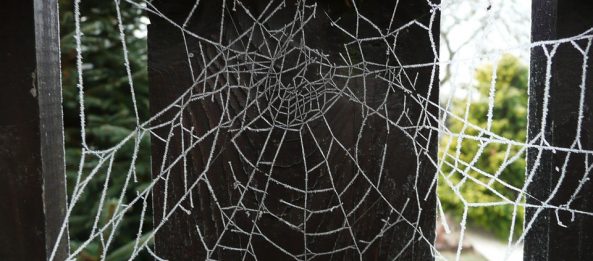
Nature in the Raw
In the world of nature, battles are fought daily that exceed in ferocity even those of our bloodiest, be it Waterloo, Stalingrad or Valley Forge. The natural contests differ from the human in that the former are conducted as a matter of survival and predatory food, whilst humans too often have mutually slaughtered for less justifiable reasons.
If you had been present in a garden shed in the West of Ireland, on a day when the sun shone brightly through the small rooflight, you would have witnessed a memorable spectacle being enacted: a fight to the death between a wasp and a spider. The spider is an astute tactician who knows well the importance of selecting the battleground best suited to neutralizing the wasp’s superiority in weaponry and manoeuvrability, to level the playing field. He must at the outset disable at least one of the wasp’s advantages in weaponry.
The battleground was an unusually strong web, right up in a shaft of strong sunshine. Of the forest of webs in this virtually untouched habitat, this fortification was of the strongest. A foraging wasp, minding his own business and failing to keep a sharp lookout, reported his blundering intrusion by a frantic acceleration of his buzzing wings. This (which is well known to a spider) is designed to enmesh the intruder deeper and deeper the more he struggles.
You would observe the entire web violently rocking, such was the energy of the wasp. You would find the spider, and he was a big one, waiting expectantly at the extremity of one web strand, from which position he could sally forth to any point of the web in attack. If you were familiar with spider strategy and language, you would understand that his tactics were to tire out the wasp until the point when he could rush in and deliver the paralysing bite.
It was a long wait. At intervals, the spider would make a rush towards the wasp, a manoeuvre that alarmed the wasp into a renewed frenzy of buzzing. Time and again he advanced and time and again retreated, as the fellow had obviously learned the wisdom of discretion being the better part of valour. As the buzzing got fainter and lower on the audio scale, you might predict how this was going to end. If you were a betting man, you’d be laying odds on the spider.
If you stayed until the denouement, you would have witnessed the countless rushes and retreats and the wasp’s failing strength, but nothing in nature is quite predictable, and, as the spider poised for the final coup de gras, the buzzing re-awoke to a sudden crescendo and the wasp broke free, mocking his erstwhile adversary all the while. The spider was left crouching at the edge of his torn flytrap, and one can imagine his chagrin, in spider language – Damn! If the wasp was trailing a metre-long string of web – for all the world like one of those advertising streamers towed by light aircraft – it was a small burden to carry for his triumphant escape. And if he was trumpeting his triumph over a wily enemy, who are we to criticise him?
Tony Tynan
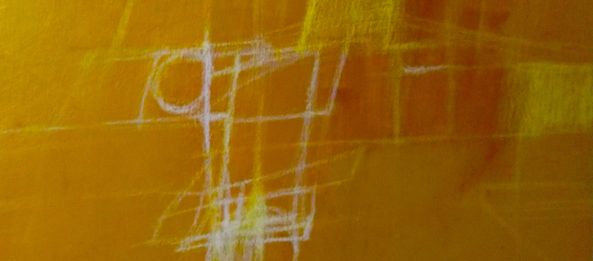
Abstracts, by Jerome Malenfant
Jerome is our second US contributor to date. He tells us “I am currently retired after working as a scientific editor on the journal Physical Review Letters. My professional background was in theoretical elementary particles, with a PhD from UCLA. Since retiring, I’ve been working on my painting (oil, acrylics, wax crayon), as well as writing. I started out in poetry, then switched to prose: three murder mystery novels and working on a fourth one. A short story of mine, “A Quantum Tale”, (sort of ‘Alice in Wonderland meets the Schroedinger Cat’), just won a Honourable Mention in a contest by Quantum Shorts.”
The original art work is not for sale, however some are available as Print-on-Demand at www.ArtPal.com/malenfant188, and you can also follow Jerome’s work on his Facebook page, Jerome Malenfant/ART.
